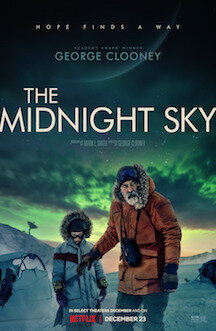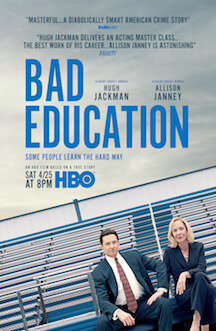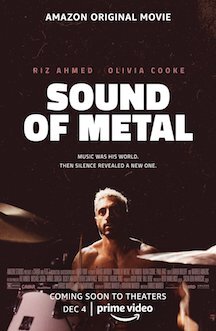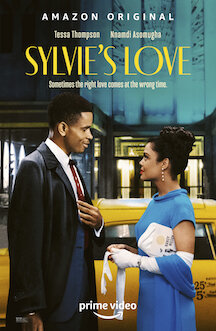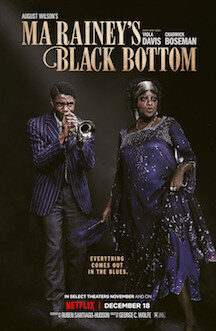Direction: Aneesh Chaganty
Country: USA
The sophomore feature from writer/director Aneesh Chaganty, Run, is as much thrilling as it is flawed. Even with some scenes working far better than others, this murky domestic thriller provides fair entertainment, stepping up what was presented in 2018 with the disappointing Searching, which, regardless the inanity, managed to be noticed.
The story, co-written by Chaganty and Armenian-American Sev Ohanian, follows the insanity of a mother, Diane Sherman (Sarah Paulson), who medicates her homeschooled 17-year-old daughter, Chloe (Kiera Allen), since she was born. The latter was born with a series of health complications - including arrhythmia, hemochromatosis, and diabetes - but when college becomes a real possibility for the smart Chloe, her mother resorts to unsuitable, dangerous medication to keep her at home. When the youngster realizes what are her mother's real intents, she comes across with more disturbing findings.
Chaganty does well here in regard to tone and intensity, and some afflictive scenes can nearly take our breath away. However, some other - e.g. Chloe in the pharmacy and Diane during the final act - are too farfetched for us to swallow them without complaining. Thus, we have great acting in service of a plot, whose flaws makes the outcome a bit more vulnerable. Still curious, it made me wonder how far an anguish person goes for the love of a child that is her only reason to live.









